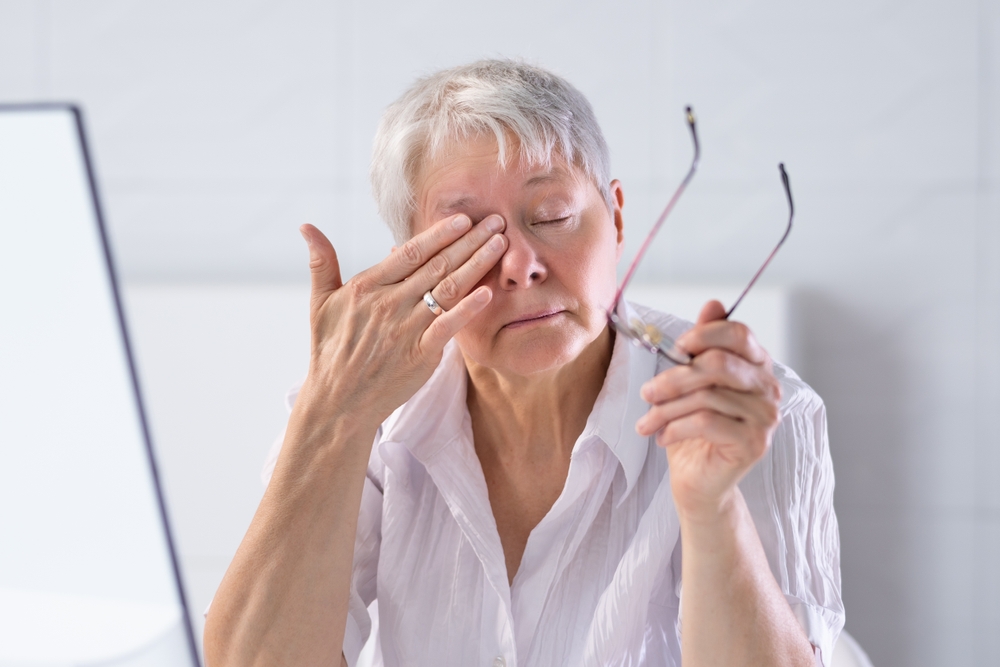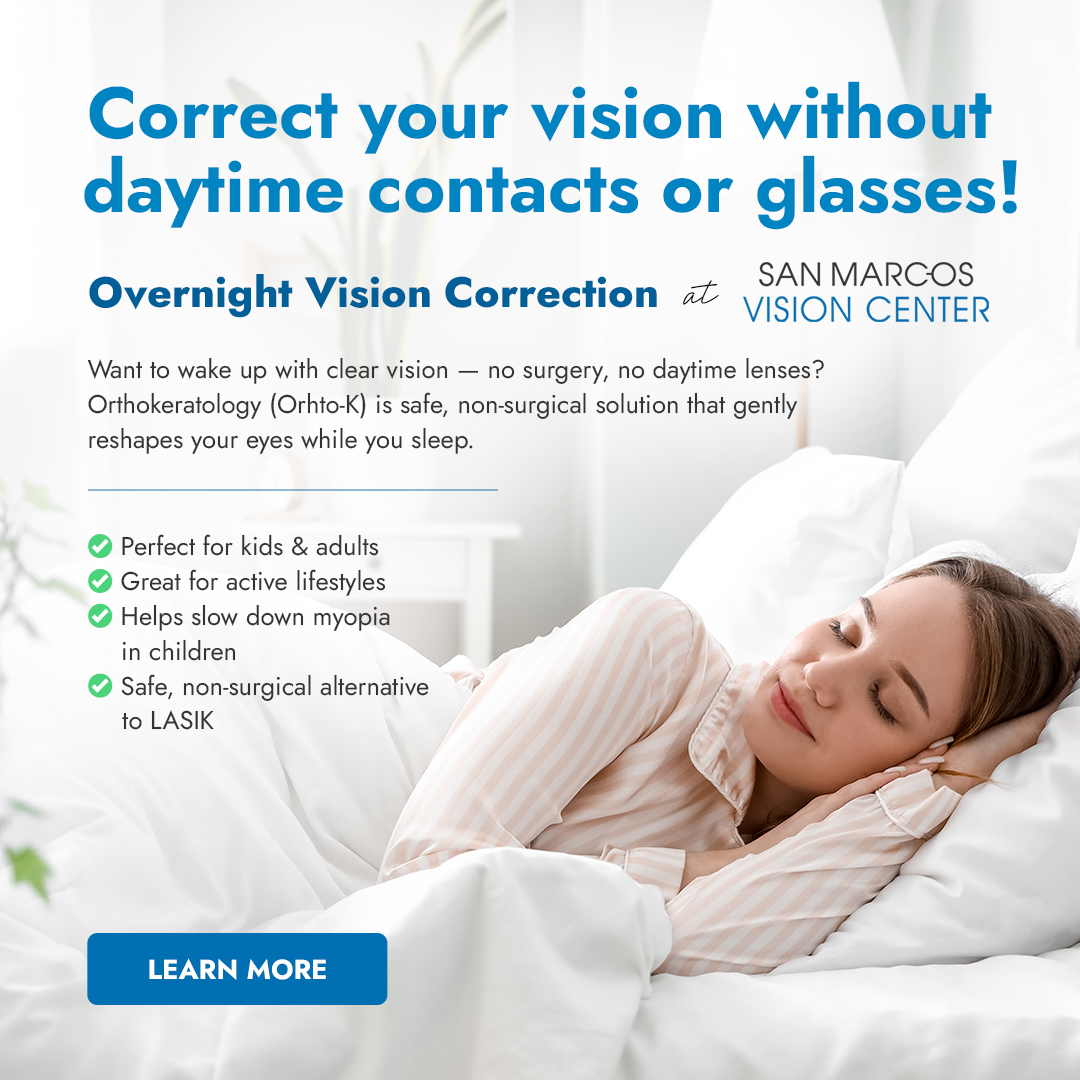
Ignoring eye health can lead to significant problems that might affect our daily lives. Eyes are not just windows to the world but crucial for almost all our daily tasks.
When we overlook the care they need, we put ourselves at risk of facing troubles that can range from minor irritations to severe health challenges. This piece highlights why paying attention to eye health is important and what could happen if we don't.
The Role of Eyes in Overall Health
The eyes are essential for vision and also indicate our overall health. A routine eye exam can reveal hidden health issues before other symptoms appear. By monitoring our eyes, specialists can detect early signs of systemic diabetes or hypertension.
The Connection Between Eye Health and Systemic Diseases
Ignorably, eye health is deeply intertwined with systemic diseases, which affect the entire body. For instance, diabetes can lead to diabetic retinopathy, an eye condition that can cause vision loss. Regular eye check-ups can catch these correlations early, allowing for prompt treatment of the eye condition and the underlying systemic disease.
A second example is high blood pressure, which can be spotted by identifying changes in the blood vessels within the eyes. Ignoring eye health could mean overlooking these important clues, resulting in undiagnosed and untreated systemic diseases. Therefore, paying attention to eye health is vital for maintaining overall wellness.
Consequences of Ignoring Eye Health
Ignoring eye health can lead to severe conditions that significantly impact your vision and quality of life. Recognizing these conditions early is crucial to prevent or manage them effectively.
1. Diabetic Retinopathy
Diabetic retinopathy occurs when high blood sugar levels damage the blood vessels in the retina. If untreated, it can lead to blurry vision, floaters, and even blindness. This condition highlights the importance of managing diabetes and regular eye exams.
2. Glaucoma
Glaucoma is a group of eye conditions that damage the optic nerve, often due to high eye pressure. Without early detection and treatment, glaucoma can result in permanent vision loss. It shows hardly any symptoms early, so regular eye checks are essential.
3. Cataracts
Cataracts develop slowly, clouding the eye's lens and leading to diminished vision. They can make reading, driving, or seeing expressions on faces difficult. This condition is primarily related to aging, and while surgery can restore vision, early detection can help manage its progression better.
4. Age-Related Macular Degeneration (AMD)
AMD affects the macula, the part of the retina responsible for central vision. It causes vision to become blurry or wavy, leading to a significant loss in the ability to see clearly. AMD demonstrates why regular eye examinations are crucial as we age.
Impact on Quality of Life and Vision
The health of our eyes directly impacts our overall quality of life and our ability to see the world clearly. Below, we explore how conditions resulting from neglected eye care can profoundly affect daily living and vision.
Reduced Vision Clarity: Without clear vision, everyday tasks become challenging.
Loss of Independence: Vision loss can lead to dependence on others for driving or shopping.
Social Withdrawal: Difficulty in seeing can cause individuals to avoid social gatherings, impacting mental health.
Risk of Accidents: Poor vision increases the risk of accidents and injuries.
The Importance of Regular Eye Exams
Regular eye exams are crucial for detecting eye problems at their earliest stages, often before symptoms are noticeable. This early detection can lead to treatments that may prevent vision loss or manage conditions effectively, ensuring eyes remain healthy for longer. Ignoring eye health and skipping these exams can allow potentially serious conditions to develop unnoticed.
Supporting Statistics from Reputable Sources
Studies highlight the significance of these exams. For example, the Centers for Disease Control and Prevention (CDC) reports that approximately 90% of eye injuries could be prevented using proper eyewear, underscoring the value of professional guidance in eye care. Further, the World Health Organization (WHO) points out that early detection and treatment can prevent up to half of all vision loss cases, emphasizing the vital role that regular check-ups play in eye health.
Broad Health Indicators
An eye exam does more than assess your vision; it can also reveal other health issues, such as diabetes or high blood pressure. Ignoring eye health means missing out on these critical preventative measures. The American Academy of Ophthalmology suggests that adults without symptoms or any specific risk factors should get a baseline eye examination at age 40—when early signs of disease and changes in vision might occur.
Lifestyle Choices and Eye Health
Understanding the role of lifestyle choices in maintaining eye health is crucial. Ignoring eye health in our daily decisions can lead to preventable vision problems, emphasizing the need for awareness and action in our habits.
Diet and Eye Health
A well-balanced diet rich in vitamins and minerals can significantly boost your eye health. Nutrients like vitamins C and E, zinc, lutein, and omega-3 fatty acids can prevent age-related vision problems such as macular degeneration and cataracts. Ignoring eye health can lead to the early onset of these conditions, making dietary choices crucial.
Vitamins are found in fruits and vegetables such as oranges, leafy greens, and carrots, and omega-3s are abundant in fish like salmon and flaxseeds. Incorporating these foods into your meals can help safeguard your vision, keeping your eyes healthier for longer.
UV Protection
Exposure to UV rays can damage your eyes, leading to conditions like cataracts and macular degeneration. Wearing sunglasses that block 100% of UVA and UVB rays can protect your eyes from the sun's harmful effects.
It’s vital to choose sunglasses that offer full UV protection and to wear them even on cloudy days, as UV rays can penetrate clouds. Hats with brims can also help shield your eyes from the sun, providing an extra layer of protection.
Smoking Cessation
Smoking is incredibly harmful to your eyes. It increases the risk of developing cataracts, damages your optic nerve, and is linked to macular degeneration.
Quitting smoking can significantly reduce these risks. If you smoke, seeking help through smoking cessation programs or using nicotine patches to quit can greatly benefit your eye health and overall well-being.
Family Medical History
Knowing your family medical history is important, as many eye diseases are hereditary. This awareness can help you take preventive measures if you are at higher risk.
If eye diseases run in your family, inform your eye doctor and ensure you go for more frequent eye check-ups. Regular screenings can help catch and manage hereditary conditions early before they significantly affect your vision.
Preventive Measures to Protect Eye Health
Maintaining eye health is essential for clear vision and overall well-being, but often, it's easy to overlook until problems arise. This section focuses on preventive measures that can significantly impact protecting and enhancing eye health, highlighting the importance of not ignoring eye health in our day-to-day lives.
Protective Eyewear
When it comes to preserving eyesight, protective eyewear is essential. Whether for sports, work, or hobbies that expose you to potential eye hazards, the right eyewear can prevent injuries and protect against harmful UV rays. Ignoring eye health by skipping protective glasses can lead to serious and sometimes irreversible eye damage.
Actionable Tips:
Use Proper Lighting: Ensure your environment is well-lit to reduce glare and strain on your eyes.
Appropriate Screen Time
With the increase in screen time in our daily lives, managing how long we focus on digital devices is essential. Excessive screen exposure can cause eye strain, dry eyes, and blurred vision, so maintaining appropriate screen time is key to eye health. It is advisable to follow the 20-20-20 rule—every 20 minutes, look away from your screen and focus on something 20 feet away for at least 20 seconds.
Actionable Tips:
Adjust Screen Settings: To make viewing more comfortable, optimize the brightness, contrast, and font size on your devices.
Regular Breaks and Exercises
Taking regular breaks during activities that require intense focus can relieve eye strain. In addition to breaks, simple eye exercises such as blinking, eye rolling, or focusing on distant objects can help maintain eye health. Ignoring regular pauses in concentrated tasks can tire the eyes, so it's essential to heed the early signs of eye fatigue.
Actionable Tips:
Engage in Eye Exercises: Incorporate eye exercises and focal shifts into your routine to keep your eyes rested and healthy.
Conclusion
Ignoring eye health can lead to preventable vision issues affecting daily life and happiness. It's vital to be proactive in protecting your eyes through the measures discussed, like wearing protective eyewear, managing screen time, and engaging in eye-friendly exercises. Taking these steps can make a significant difference in maintaining eye health and vision quality.
Scheduling regular eye exams is a critical action step to further safeguard eye health. These exams can catch potential problems early when they're most treatable. By adopting healthier lifestyle choices and being mindful of our eye health today, we can enjoy the benefits of clear vision and eye health for years.

 Specialty Contacts
Specialty Contacts





